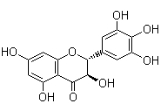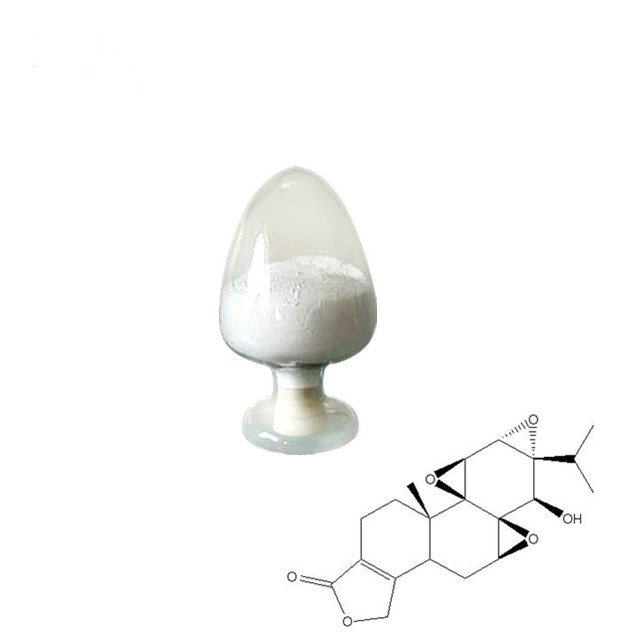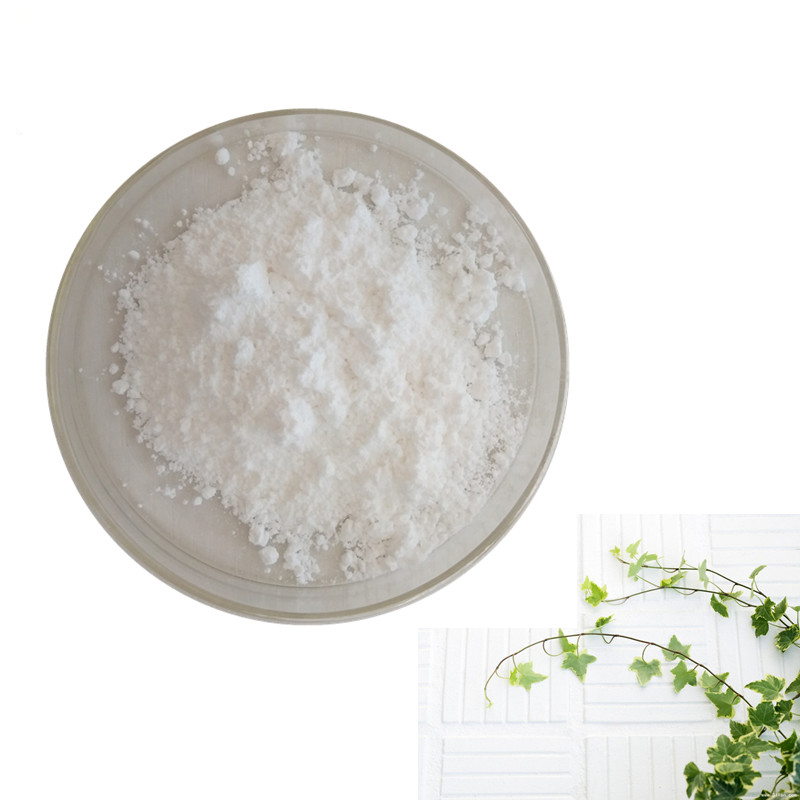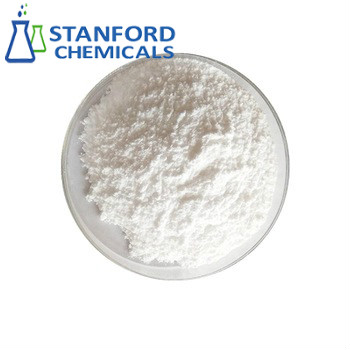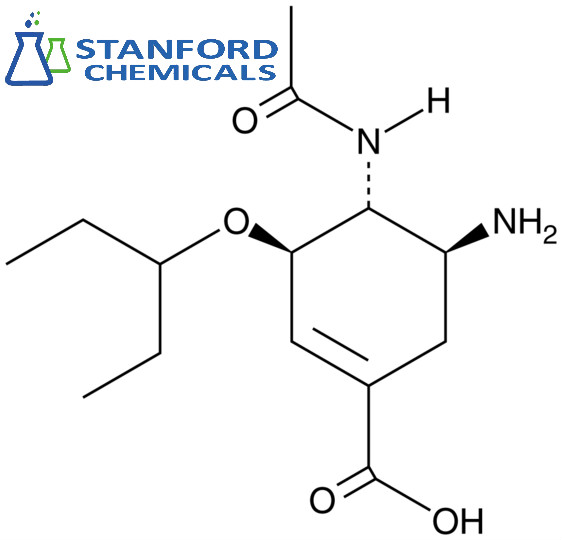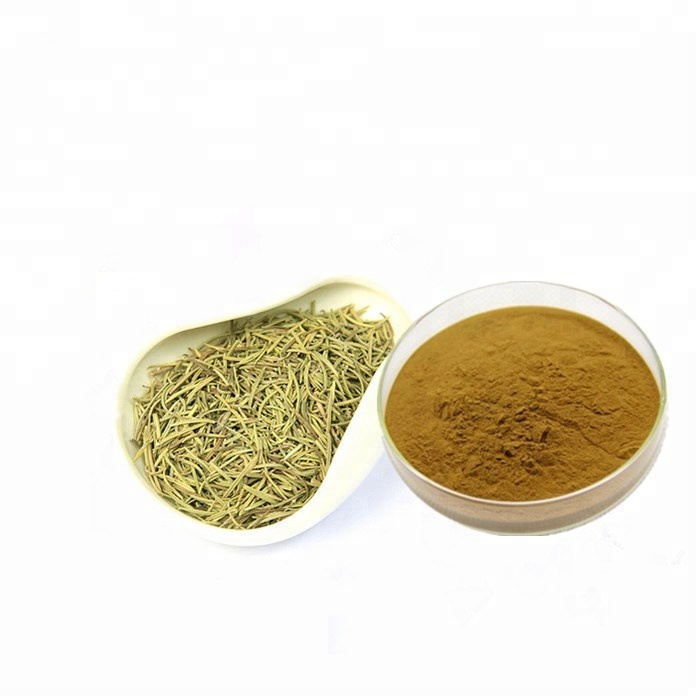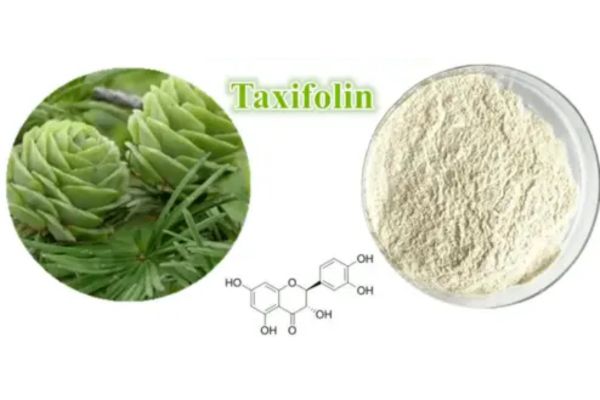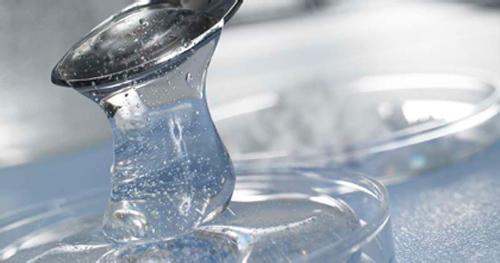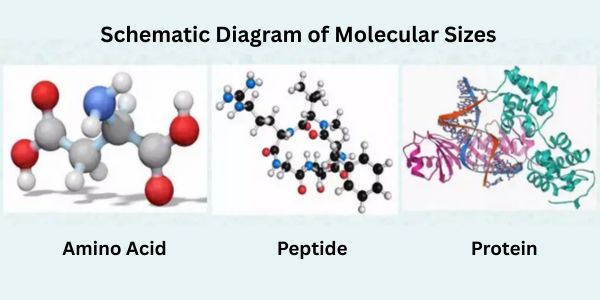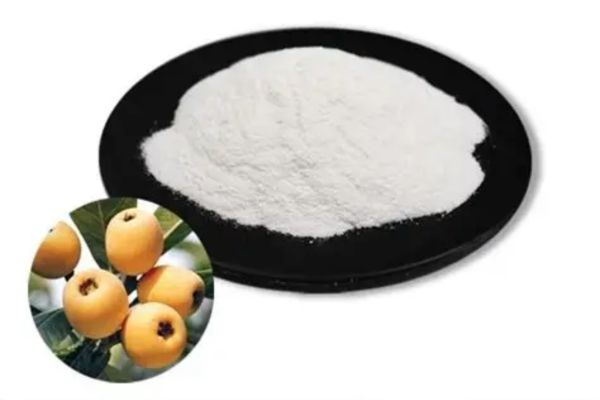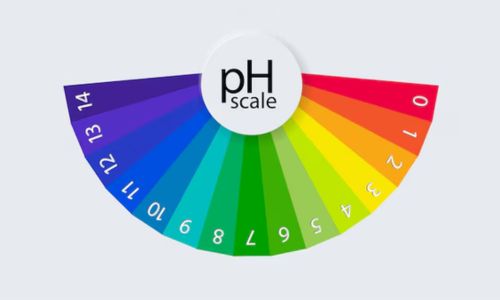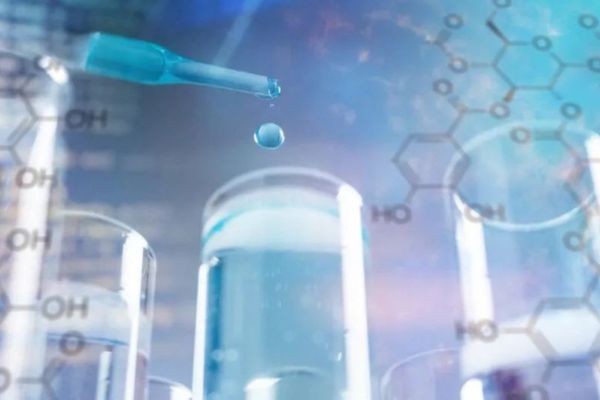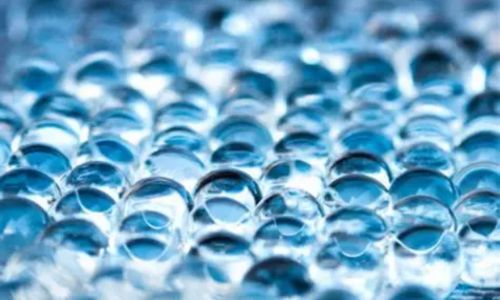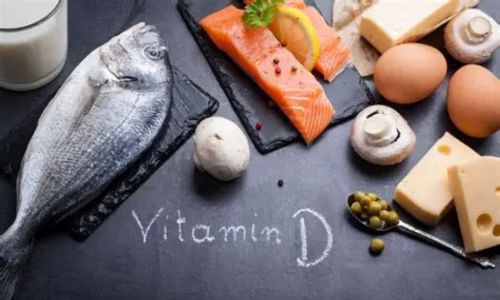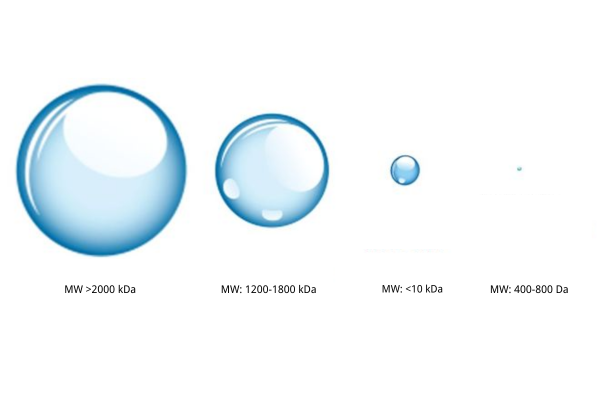Nature has always been a rich treasure trove. Modern science is gradually revealing the anti-cancer potential of active ingredients in many traditional herbs. These natural compounds show strong biological activity through various complex mechanisms. These include inducing cancer cell death, inhibiting blood vessel formation, and blocking cancer invasion and spread. We will introduce 12 widely studied natural herbal extracts with anti-cancer potential. 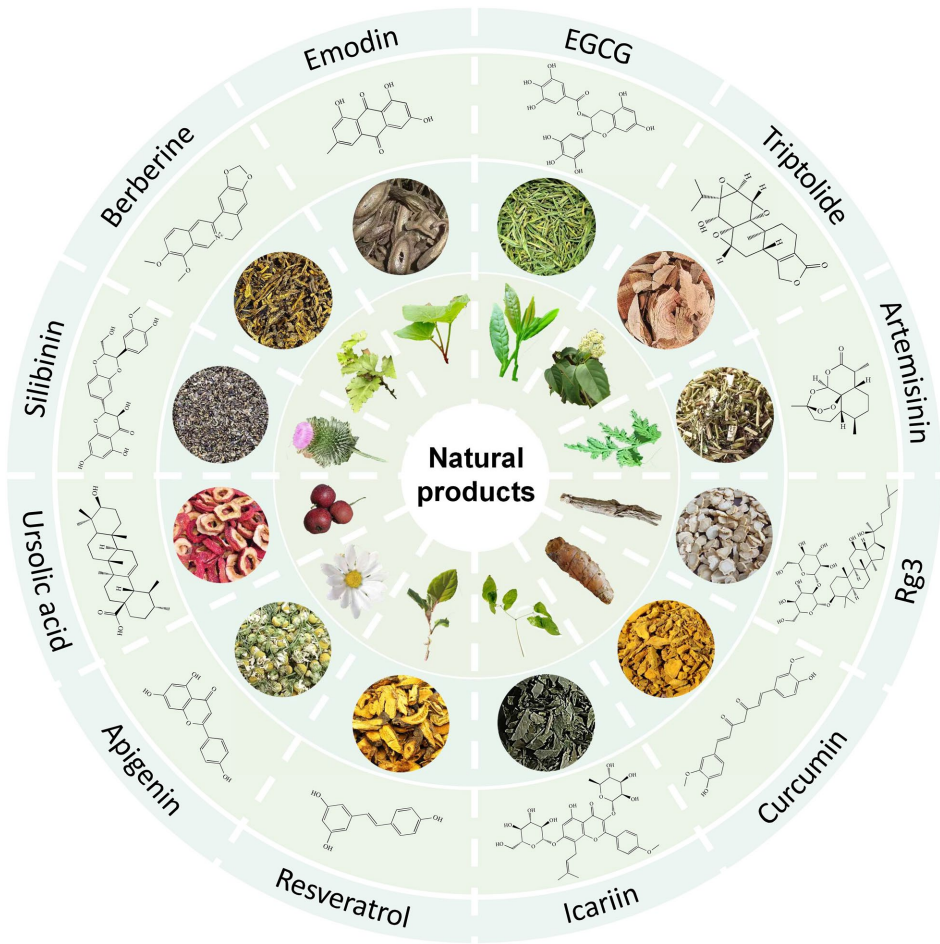
1. Apigenin
Apigenin is commonly found in vegetables and herbs like celery, chamomile, and parsley. 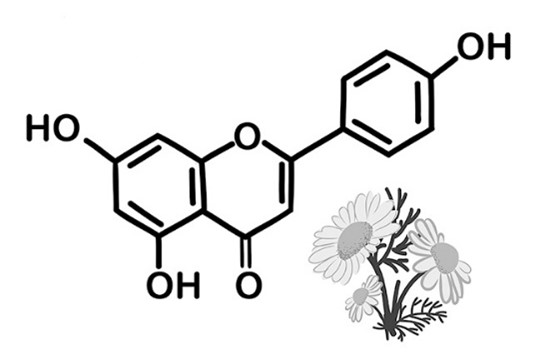
Research shows apigenin has antioxidant and anti-inflammatory properties. It works by interfering with cancer cells' growth cycle, inducing their programmed death, and inhibiting tumor blood vessel formation.[1] It shows promise especially in breast, colon, and pancreatic cancer models.
2. Artemisinin
Artemisinin is extracted from the plant Artemisia annua. It is a well-known anti-malaria drug. Its discoverer, Tu Youyou, won the Nobel Prize in Physiology or Medicine for this finding. 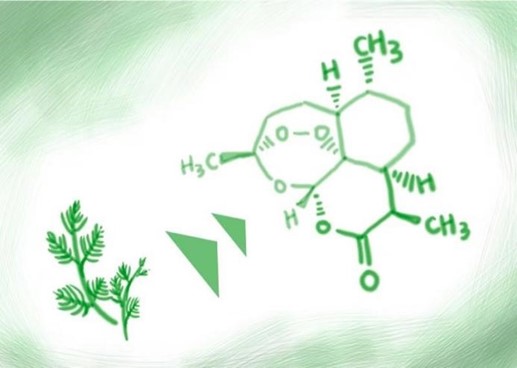
Artemisinin and its derivatives are activated in the presence of iron. They then produce free radicals and attack cells. Cancer cells usually contain higher iron levels than normal cells. Therefore, artemisinin can selectively target and kill cancer cells. It is effective against leukemia, breast cancer, and other cell lines.
3. Berberine
Berberine is found in the roots of plants like Coptis chinensis and goldenseal. 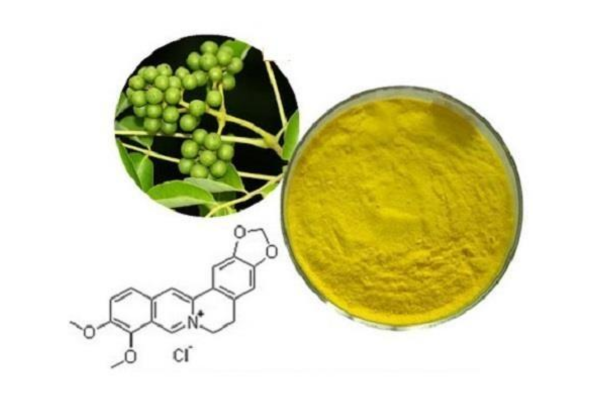
Berberine has many biological activities, including antioxidant, anti-inflammatory, anti-diabetic, anti-obesity, and antibacterial effects. It also has anti-cancer effects against various cancers. Examples are breast, lung, stomach, liver, colorectal, ovarian, cervical, and prostate cancers.[2] Potential mechanisms include inhibiting cancer cell growth, blocking spread, inducing cell death, activating autophagy, regulating gut bacteria, and enhancing effects of anti-cancer drugs.
4. Curcumin
Curcumin is the main active component in turmeric. Besides giving curry its bright yellow color, it has strong anti-inflammatory and antioxidant properties.[3] 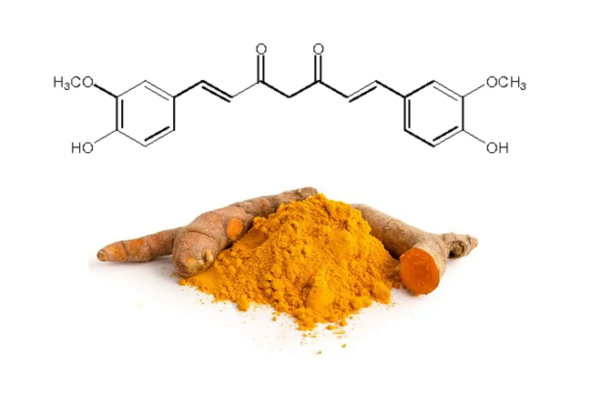
Curcumin is one of the most widely studied natural anti-cancer compounds. And it works by limiting cancer cells' access to much-needed energy from the blood, effectively "starving" them. It has specific effects on breast, colorectal, liver, lung, prostate, and stomach cancers, as well as leukemia.
5. Emodin
Emodin is found in plants like rhubarb and Polygonum multiflorum. 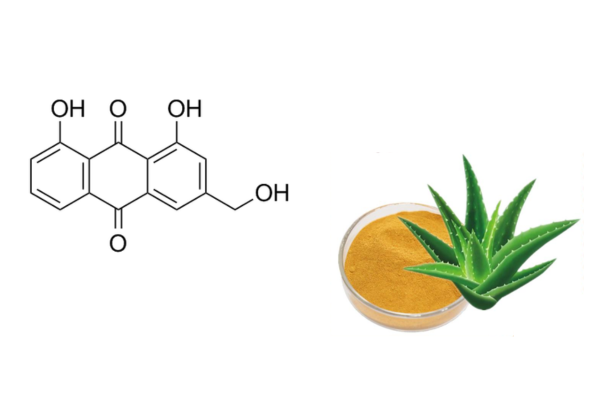
Emodin can inhibit cancer cell growth and induce their death. Studies show it can also inhibit tumor cell migration and invasion.[4] Emodin makes some cancer cells more sensitive to radiation, such as in liver and lung cancers.
6. Epigallocatechin Gallate (EGCG)
EGCG is the main active ingredient in green tea polyphenols, as a powerful antioxidant. 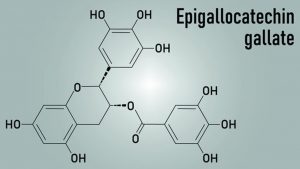
EGCG works by inhibiting enzymes that promote tumor growth and blocking signaling pathways needed for cancer cell growth.[5] It is widely studied for preventing and supporting treatment of prostate cancer, breast cancer, and others.
7. Ginsenosides
Ginsenosides are the main active components of ginseng. 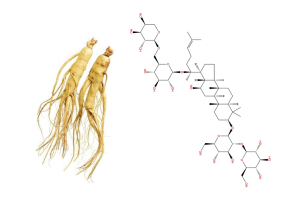
Ginsenosides have multiple pharmacological activities, including anti-fatigue, immune-boosting, and anti-tumor effects. Different types of ginsenosides work through different mechanisms, including inducing cell cycle arrest and death, and inhibiting spread.[6] They show potential in lung, stomach, and liver cancer research.
8. Icariin
Icariin is extracted from the Berberidaceae plant Epimedium. 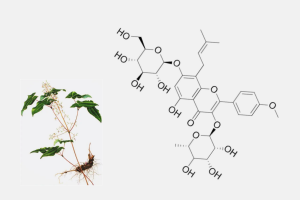
Icariin has been shown to inhibit the growth of various cancer cells and promote their death. It can also enhance anti-tumor immunity by regulating immune cells in the tumor microenvironment.[7]
9. Resveratrol
Resveratrol is abundant in grape skins, mulberries, and peanuts. 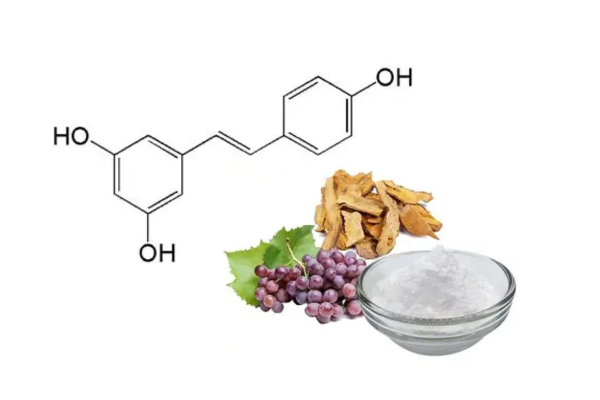
Resveratrol is known for its anti-aging and heart-protective effects. It also has anti-cancer properties. It can inhibit cancer initiation, promotion, and progression through antioxidant, anti-inflammatory, and estrogen receptor modulation pathways.[8]
10. Silibinin
Silibinin is extracted from milk thistle seeds.
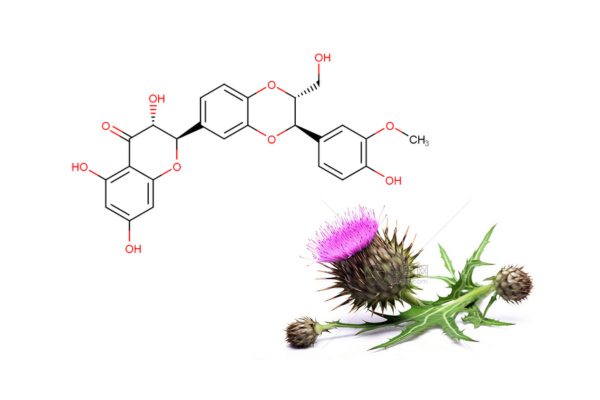
Silibinin is well known for its liver-protecting effects, but it also plays a role in anti-cancer.[9] It can inhibit cancer cell growth and blood vessel formation, and promote cancer cell death. It is studied for skin, prostate, and colon cancers.
11. Triptolide
Triptolide is extracted from the roots of the Chinese herb Tripterygium wilfordii. 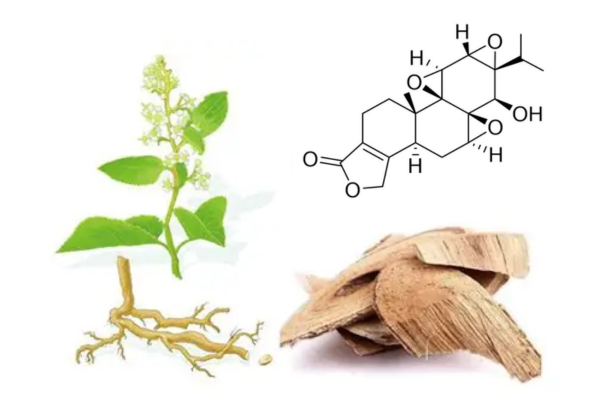
Triptolide is one of the most active but also more toxic components. It works by inhibiting RNA polymerase, effectively blocking protein synthesis in cancer cells and strongly inducing their death.[10] It shows remarkable effects in hard-to-treat cancers like pancreatic and ovarian cancer. However, its therapeutic window is narrow, requiring extreme caution.
12. Ursolic Acid (UA)
Ursolic acid is widely found in apple peels, rosemary, mint, and other plants. 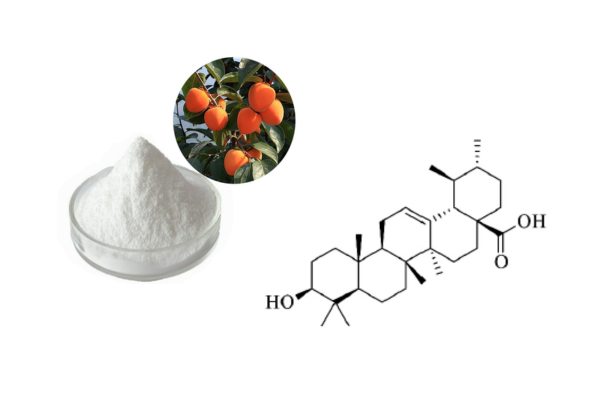
Ursolic acid has anti-inflammatory and antioxidant effects. It can inhibit cancer cell growth and spread, and induce their death through multiple signaling pathways.[11] It shows activity in studies on colon, liver, and breast cancers.
In the End
Nature provides us with abundant resources. However, turning these discoveries into safe and effective treatments still requires rigorous scientific research. Many of the above extracts may be toxic at high doses or interact with conventional chemotherapy drugs. Therefore, do not use high-concentration herbal extracts on your own to treat or replace doctor-recommended therapies. Their best roles are as candidate molecules for scientific research and as supportive aids under a doctor's guidance.


